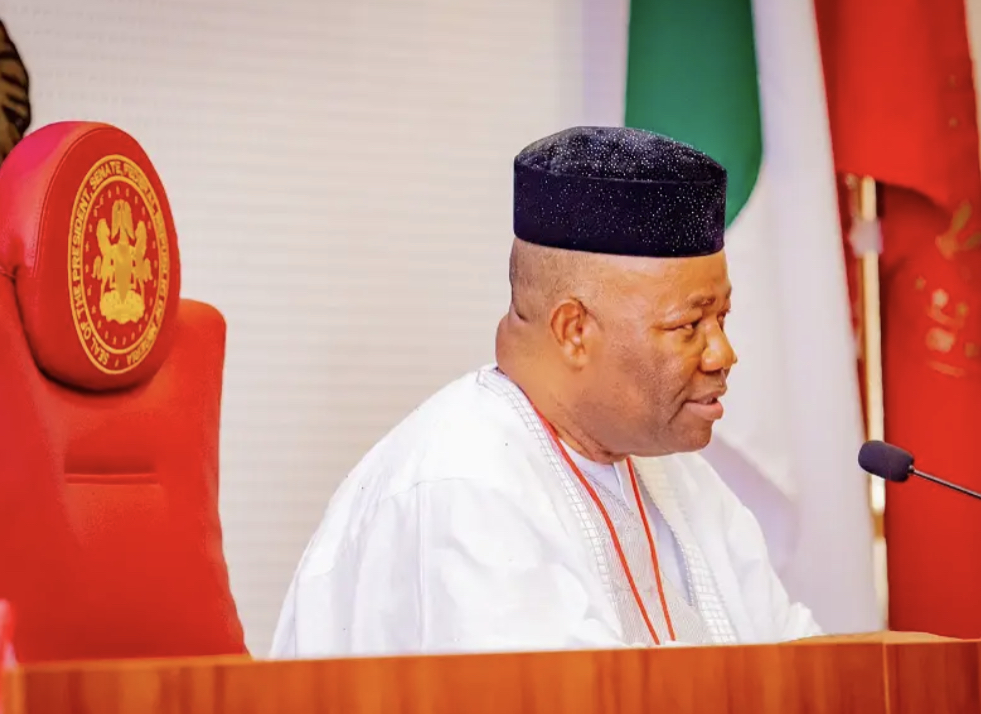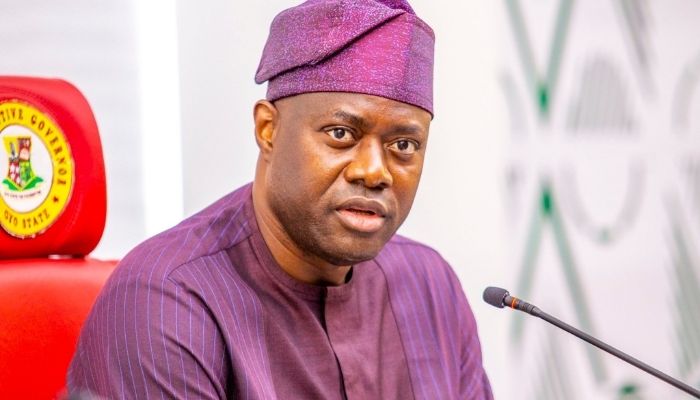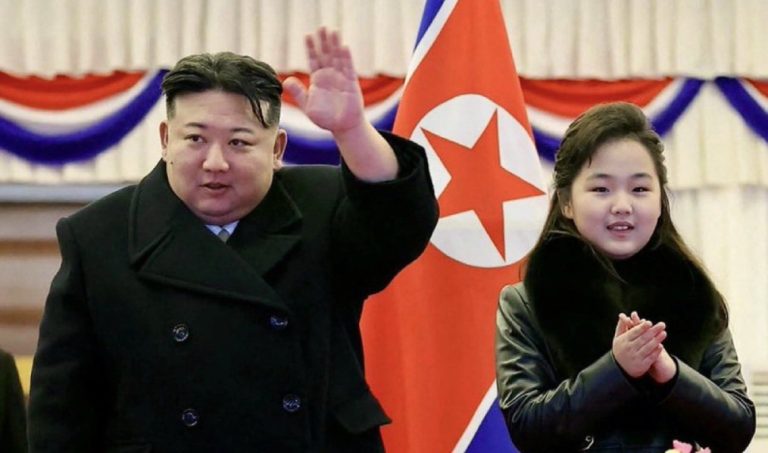
Senate president Godswill Akpabio has declared that the salaries of members of the National Assembly are not enough to take care of demands and projects from their constituents.
It was gathered that former Kaduna senator, Shehu Sani, had revealled that lawmakers in the upper legislative chamber receive about N14.2 million monthly for both salary and running cost.
“I think what we can say is that the running cost of a senator is N13.5 million every month,“ Sani said.
“But what I am saying is that that money (N13.5 million per month) must be receipted for what you do with it. But what you are given to go and spend without any accountability is N750,000.”
Sani further revealled that lawmakers in the House of Representatives receive slightly lower than his colleagues at the red chamber.
Akpabio, however, insists that the the sun of N14.250 million monthly pay is grossly inadequate for senators.
The Senate president maintained that with the volume of requests from various constituents represented in the National Assembly, lawmakers’ earnings were too inadequate to cater for everything.
Akpabio made the revelation while contributing to the debate on a motion sponsored by Kano lawmaker, Senator Abdulraman Kawu, on the need to avert planned strike by the Nigeria Labour Congress (NLC).
The former Akwa Ibom state governor admitted that though hardships associated with the removal of subsidy on fuel were enormous, there was need Nigerians to be more patient with the government while they work to cushion its effect.
Defending his motion, Senator Kawu called the Senate’s attention to the fact that the strike would cripple the country as movement would be severely curtailed with commercial transport operators withdrawing their services, while markets, schools and healthcare facilities would be forced to shut down.
He said the strike action could heat up the polity adding that the gains from the strike would be far below the costs to either of the parties in conflict.
The senate, after the debate, mandated its leadership to interface between the NLC and the federal government in order to avert strike.
Senate president Godswill Akpabio has declared that the salaries of members of the National Assembly are not enough to take care of demands and projects from their constituents.
It was gathered that former Kaduna senator, Shehu Sani, had revealled that lawmakers in the upper legislative chamber receive about N14.2 million monthly for both salary and running cost.
“I think what we can say is that the running cost of a senator is N13.5 million every month,“ Sani said.
“But what I am saying is that that money (N13.5 million per month) must be receipted for what you do with it. But what you are given to go and spend without any accountability is N750,000.”
Sani further revealled that lawmakers in the House of Representatives receive slightly lower than his colleagues at the red chamber.
Akpabio, however, insists that the the sum of N14.250 million monthly pay is grossly inadequate for senators.
The Senate president maintained that with the volume of requests from various constituents represented in the National Assembly, lawmakers’ earnings were too inadequate to cater for everything.
Akpabio made the revelation while contributing to the debate on a motion sponsored by Kano lawmaker, Senator Abdulraman Kawu, on the need to avert planned strike by the Nigeria Labour Congress (NLC).
The former Akwa Ibom state governor admitted that though hardships associated with the removal of subsidy on fuel were enormous, there was need Nigerians to be more patient with the government while they work to cushion its effect.
Defending his motion, Senator Kawu called the Senate’s attention to the fact that the strike would cripple the country as movement would be severely curtailed with commercial transport operators withdrawing their services, while markets, schools and healthcare facilities would be forced to shut down.
He said the strike action could heat up the polity adding that the gains from the strike would be far below the costs to either of the parties in conflict.
The senate, after the debate, mandated its leadership to interface between the NLC and the federal government in order to avert strike.



